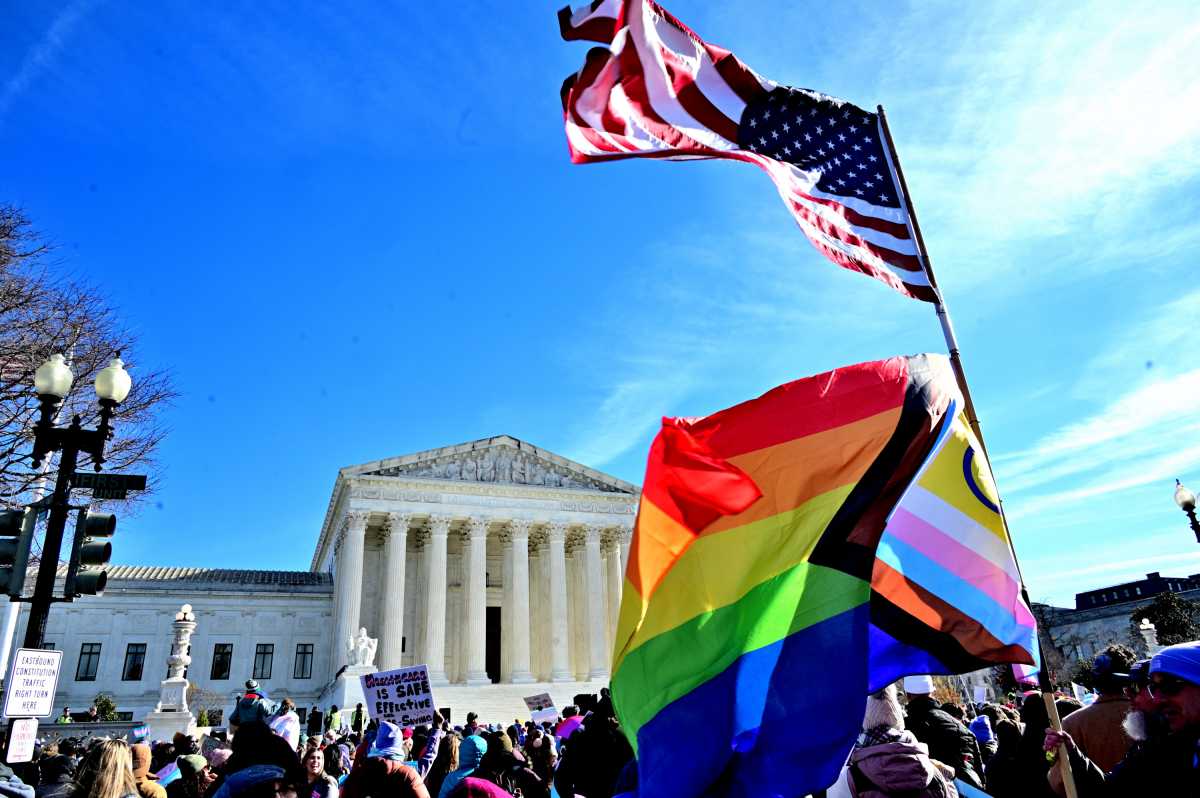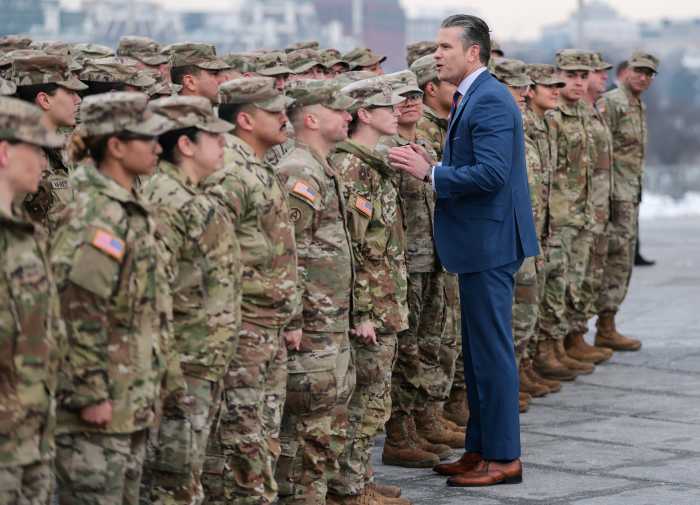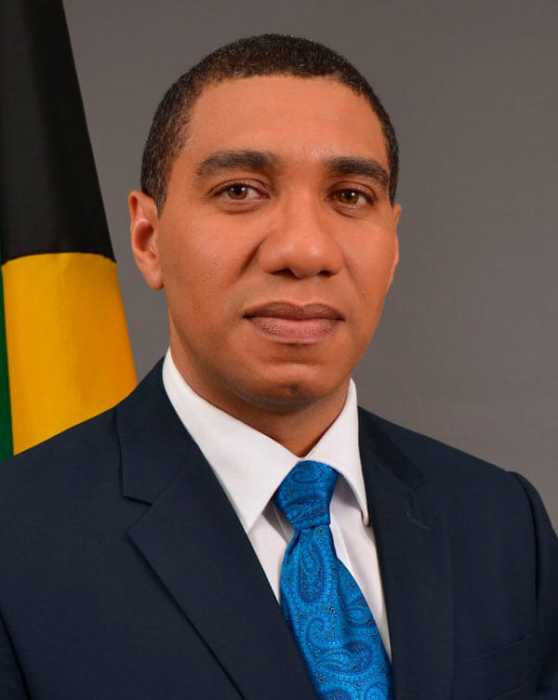The Supreme Court on May 6 allowed the Trump administration to implement its discriminatory ban on transgender service members while the issue continues to be litigated in federal court.
The court did not explain its ruling, and the three liberal justices — Ketanji Brown Jackson, Elena Kagan, and Sonia Sotomayor — dissented.
The case at the core of the ruling is Shilling v. Trump, which represents one of several lawsuits against the administration’s attempt to ban trans troops. Lambda Legal and the Human Rights Campaign Foundation won a preliminary injunction in late March to block President Donald Trump’s executive order, “Prioritizing Military Excellence and Readiness,” which barred transgender troops from serving in the military and falsely insisted that simply being transgender conflicts “with a soldier’s commitment to an honorable, truthful, and disciplined lifestyle, even in one’s personal life.”
The Trump administration subsequently filed an emergency motion with the US Court of Appeals for the Ninth Circuit in a bid to stay the preliminary injunction. That was rejected on April 18, but the Trump administration turned to the Supreme Court nearly a week later and evidently achieved its goal, at least for now.
Lambda Legal and the Human Rights Campaign Foundation on May 1 pleaded with the Supreme Court to uphold the ban, arguing in a 53-page response that implementation of the ban “would upend the status quo by allowing the government to immediately begin discharging thousands of transgender service members… thereby ending distinguished careers and gouging holes in military units.”
In a joint statement, Lambda Legal and Human Rights Campaign Foundation slammed the Supreme Court following its ruling.
“Today’s Supreme Court ruling is a devastating blow to transgender service members who have demonstrated their capabilities and commitment to our nation’s defense,” the statement noted. “By allowing this discriminatory ban to take effect while our challenge continues, the court has temporarily sanctioned a policy that has nothing to do with military readiness and everything to do with prejudice. Transgender individuals meet the same standards and demonstrate the same values as all who serve. We remain steadfast in our belief that this ban violates constitutional guarantees of equal protection and will ultimately be struck down.”
The Congressional Equality Caucus, led by out gay Rep. Mark Takano of California, tore into the Supreme Court after it allowed the ban to move forward, saying the court is “causing real harm to brave Americans who simply want to serve their nation in uniform.”
“The difference between Donald Trump, a draft dodger, and the countless brave Americans serving their country who just happen to be trans couldn’t be starker,” Takano said. “Let me be clear: Trump’s ban isn’t going to make our country safer — it will needlessly create gaps in critical chains of military command and actively undermine our national security. The Supreme Court was absolutely wrong to allow this ban to take effect. I hope that lower courts move swiftly so this ban can ultimately be struck down.”
The case is named after out trans US Navy Commander Emily Shilling, who leads SPARTA Pride, an organization for trans service members. Shilling told Gay City News in a January interview that the ban on trans troops “feels like a complete waste of talent.”
“All I want to do is keep serving. I’ve got the skills; I’ve got the training — let me keep serving,” Shilling said at the time. “To have my honor questioned just feels like a disservice for what I’ve done for this country.”
In a written statement denouncing the Supreme Court’s ruling, SPARTA Pride emphasized that trans service members have served openly, honorably, and effectively for nearly a decade.
“Thousands of transgender troops are currently serving, and are fully qualified for the positions in which they serve,” SPARTA Pride said. “Every court up to now has found that this order is unconstitutional. Nevertheless, the Roberts Court — without hearing any evidence or argument — decided to allow it to go forward. So while the case continues to be argued, thousands of trans troops will be purged from the Armed Forces. They will lose their jobs. They will lose their commands, their promotions, their training, pay and benefits, and time. Their units will lose key players; the mission will be disrupted. This is the very definition of irreparable harm.”
Trump also imposed a similar ban on trans troops during his first term, though that policy was caught up in federal courts for years.





































